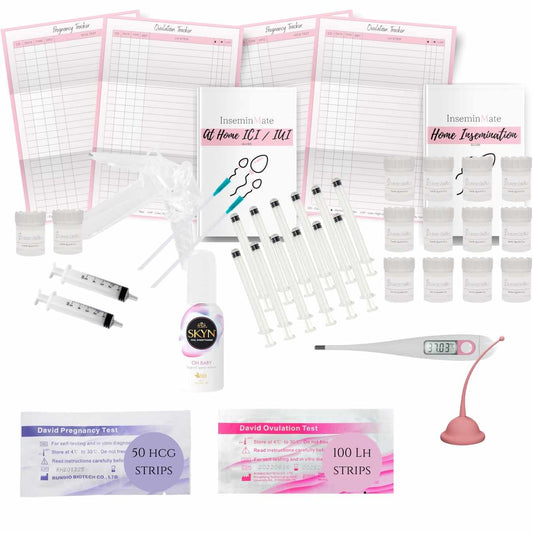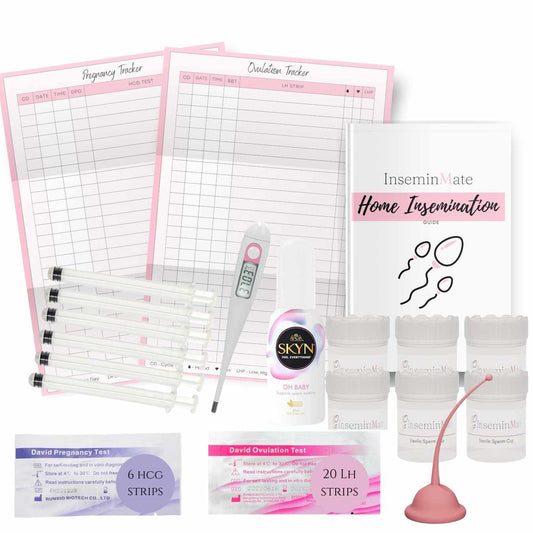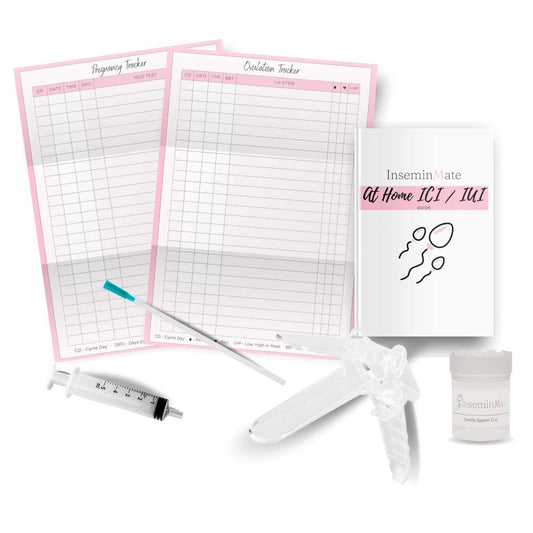At-home sperm count kits are becoming increasingly popular as a way for men to check their fertility status without visiting a clinic. These kits allow men to test their sperm count and other parameters from the comfort of their own homes. However, the accuracy of at-home sperm count kits has been a subject of debate. In this blog post, we will explore the accuracy of at-home sperm count kits and whether they are a reliable way to test fertility.
How do At-Home Sperm Count Kits Work?
At-home sperm count kits typically come with a collection cup, a testing device, and instructions for use. To use the kit, the man must provide a semen sample, which is collected in the cup. The sample is then mixed with a reagent and placed on the testing device. The testing device measures the number of sperm in the sample, as well as other parameters such as sperm motility and morphology.
Accuracy of At-Home Sperm Count Kits
The accuracy of at-home sperm count kits depends on several factors, including the brand of the kit, the accuracy of the testing device, and the quality of the semen sample. Overall, studies have shown that at-home sperm count kits can provide reasonably accurate results when used correctly. However, there is still room for error, and the results should not be relied upon as the sole basis for diagnosis.
One of the most significant limitations of at-home sperm count kits is that they only provide a snapshot of fertility at a specific point in time. Sperm counts and other parameters can vary significantly from one day to the next, and even within the same day. Therefore, a single test may not provide a complete picture of a man's fertility status. It's also important to note that at-home sperm count kits cannot diagnose underlying fertility issues, such as blockages or hormonal imbalances.
Another potential issue with at-home sperm count kits is that they may not be suitable for men with low sperm counts or other fertility issues. In such cases, a clinical evaluation by a qualified medical professional may be necessary to determine the cause of the problem and develop an appropriate treatment plan.
Conclusion
In conclusion, at-home sperm count kits can be a useful tool for men to check their fertility status. However, they are not a substitute for a clinical evaluation by a qualified medical professional. If you are experiencing fertility issues, it's essential to seek medical advice rather than relying solely on the results of an at-home sperm count kit. Additionally, it's crucial to follow the instructions for the kit carefully to ensure accurate results. Overall, while at-home sperm count kits can be helpful, they should be used in conjunction with professional medical advice to achieve the most accurate diagnosis and treatment plan.




